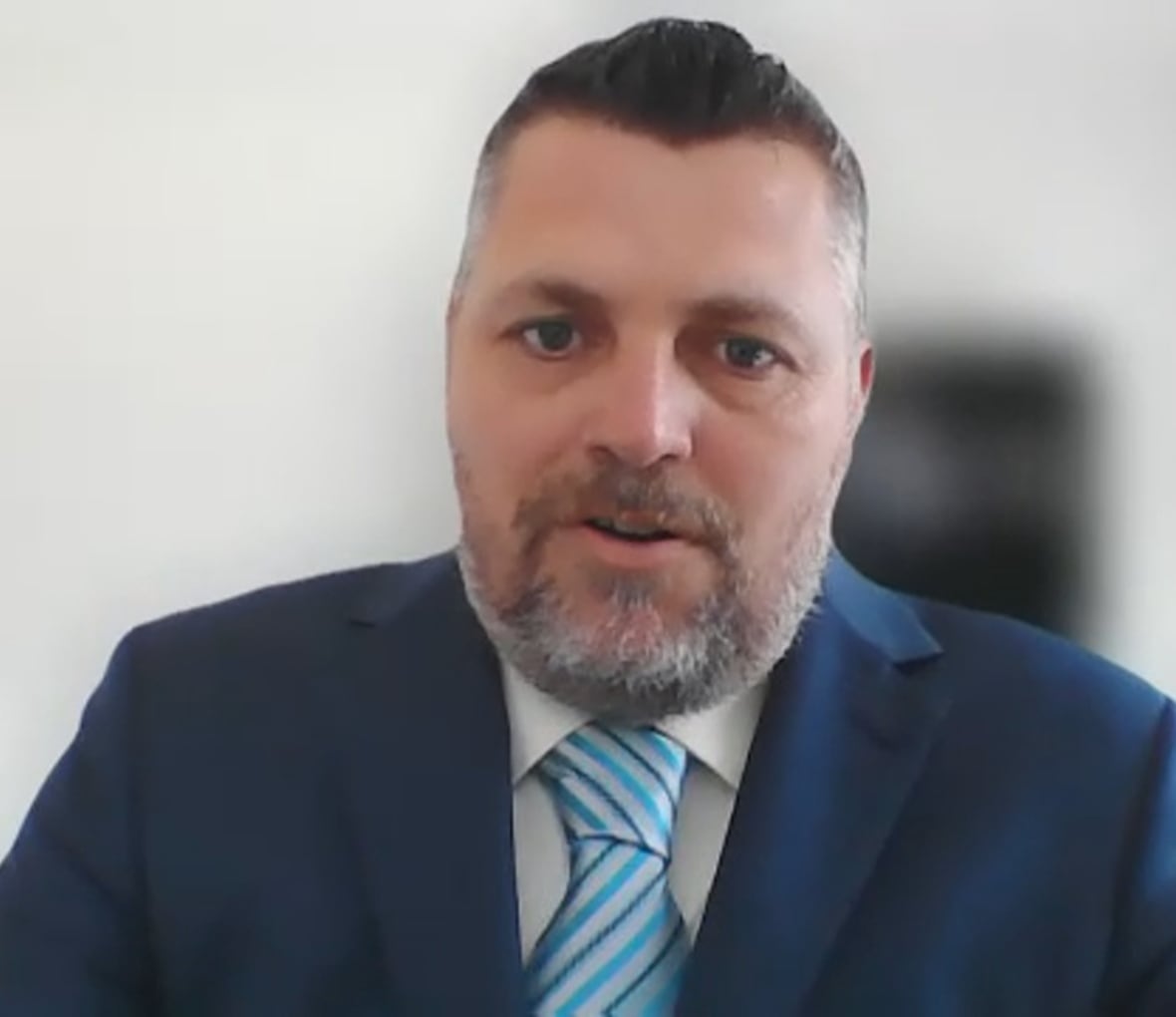Canada shouldn't 'bend the knee' to Trump after tariffs: Windsor, Ont., mayor
Drew Dilkens says Canada should not take a secondary deal with the U.S.
Drew Dilkens says Canada is not some "junior partner" in its political dealings with the U.S.
Dilkens is the border-city mayor in Windsor, Ont., which represents a large portion of the country's auto manufacturing.
He says he supports Prime Minister Mark Carney and is hopeful a deal can be reached.
This follows an overnight executive order by U.S. President Donald Trump's administration that tariffs were being increased to 35 per cent on Canadian goods.
"The U.S. application of CUSMA means that the U.S. average tariff rate on Canadian goods remains one of its lowest for all of its trading partners," Carney said in a statement. "Other sectors of our economy — including lumber, steel, aluminum and automobiles — are, however, heavily impacted by U.S. duties and tariffs."
Dilkens says Trump is trying to bring all of Canada — and certainly the country's auto capital — to its knees.
"Do not bend the knee," he said. "We will get through this. We have been through dark times before. We have gone through the peaks and valleys that we see in manufacturing and automotive from time to time."
Dilkens says although the people in the Windsor region don't want to see another financial collapse, he's also confident the pathway forward is one where everyone can live well and prosper.
"These are things we can't control, and that's part of the problem here. These continued changes of tariff rates cause uncertainty. Uncertainty causes people to in my community to start saving for the rainy day and to put money aside."
WATCH | Live tariff coverage from CBC News:
Dilkens says pressure is starting to rise across the border in the U.S., and that's why Trump is talking about giving Americans rebate cheques because of the tariffs.
"He's trying to buy some political time here. We need the time to find the pathway that's going to allow everyone to continue making great vehicles in all three countries, because we've been doing a great job for decades now, and we've proven that the free trade agreements that we have in place have worked to the benefit and the success of all three countries."
'Stand pat' says tariff consultant
Tariff consultant Kyle Peacock is advising his Canadian clients, across different industries, to "stand pat" in the face of additional border taxes on their goods with the U.S.
"We're used to being poked at from the U.S. on a lot of different levels," he said.
"We understand that there's going to be some pain, but let's take our time, let's work together as we're seeing the different provinces do and get the best deal for Canada. I think we're in the better position to do that than some of the other regions that have jumped at the deal."
Peacock believes the new American-EU trade agreement was rushed. He says Canada should take its time to secure flushed out deal with no ambiguity — even if it means eating higher tariffs along the way.
Uncertainty and no longer competitive
Peacock says his clients who are being slapped with rising Trump tariffs say it creates uncertainty for their business models and no longer allows them to be competitive in their respective markets.
"They've had customers for years from the northern states in the U.S. that would purchase from them. And unfortunately with the tariffs that being being applied, they just aren't competitive in the market and those vendors are no longer sourcing them."
And that leaves excess inventory, according to Peacock, forcing industries to either find other markets to sell to or reduce production accordingly.
"Which ensures reducing staffing and obviously [flows] downstream is how that happens," he added.

Peacock says there's a sticker shock for clients once the tariffs are applied to their goods. However, there are different ways to recoup some of that once trade deals are finally arranged.
"I've been in tariffs for over 25 years and within the last six months it's been the most popular it's ever been. Tariffs weren't a thing and now all of a sudden they are a thing. Everyone is just feeling it in their wallet and it's going to probably feel a little worse before it gets better."
With files from Dalson Chen


